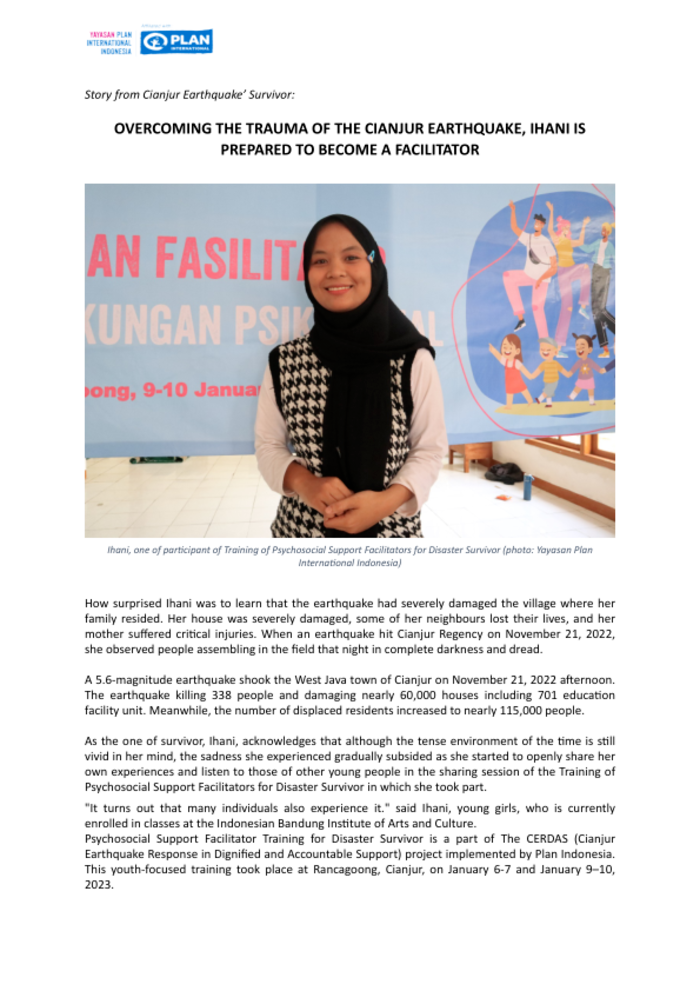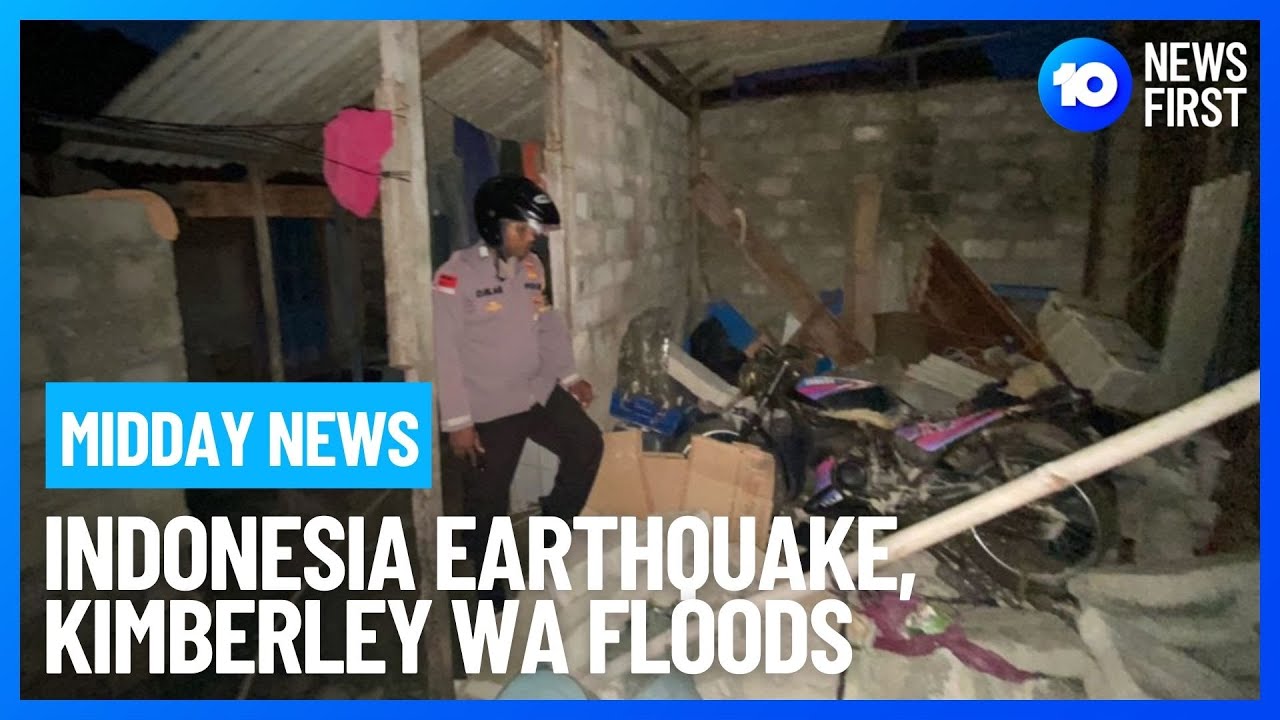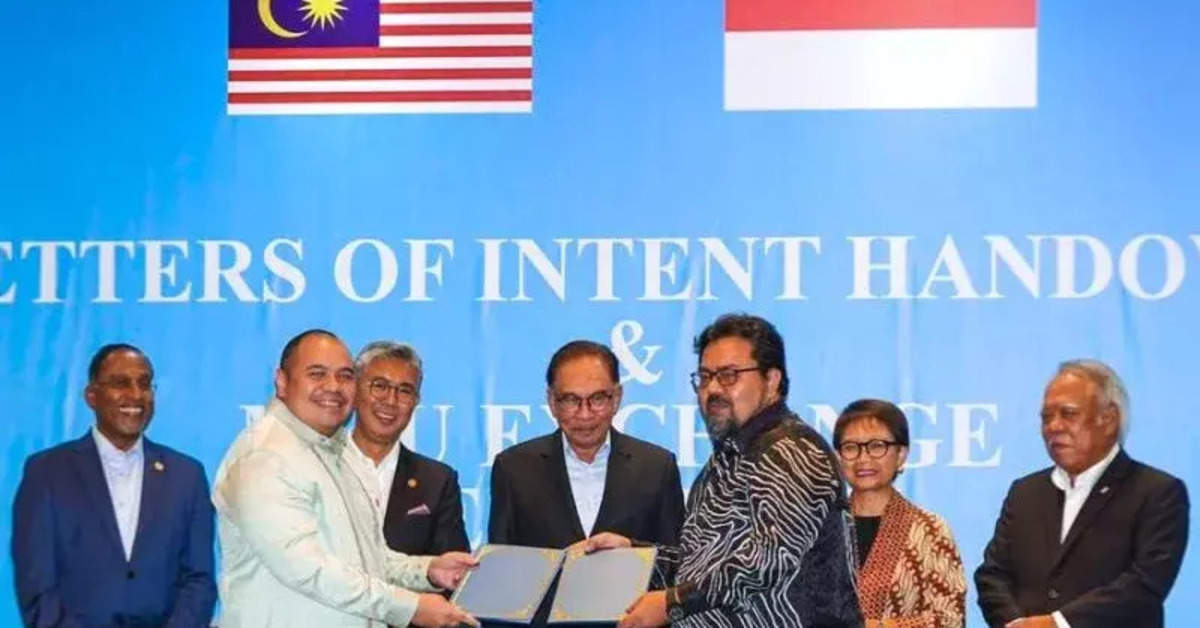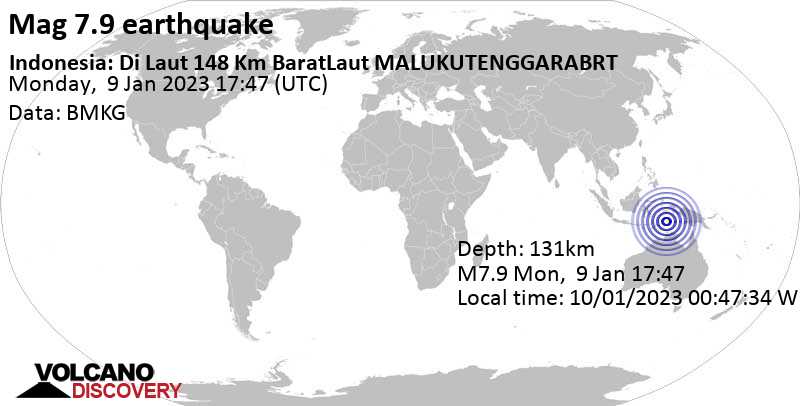How surprised Ihani was to learn that the earthquake had severely damaged the village where her family resided. Her house was severely damaged, some of her neighbours lost their lives, and her mother suffered critical injuries. When an earthquake hit Cianjur Regency on November 21, 2022, she observed people assembling in the field that night in complete darkness and dread.
A 5.6-magnitude earthquake shook the West Java town of Cianjur on November 21, 2022 afternoon. The earthquake killing 338 people and damaging nearly 60,000 houses including 701 education facility unit. Meanwhile, the number of displaced residents increased to nearly 115,000 people.
As the one of survivor, Ihani, acknowledges that although the tense environment of the time is still vivid in her mind, the sadness she experienced gradually subsided as she started to openly share her own experiences and listen to those of other young people in the sharing session of the Training of Psychosocial Support Facilitators for Disaster Survivor in which she took part.
“It turns out that many individuals also experience it.” said Ihani, young girls, who is currently enrolled in classes at the Indonesian Bandung Institute of Arts and Culture.
Psychosocial Support Facilitator Training for Disaster Survivor is a part of The CERDAS (Cianjur Earthquake Response in Dignified and Accountable Support) project implemented by Plan Indonesia. This youth-focused training took place at Rancagoong, Cianjur, on January 6-7 and January 9–10, 2023.
The training was conducted in conjunction with the NGO named Kompas with the participation of up to 30 young people. They were from three villages that represented the three Cianjur sub-districts that were impacted by the earthquake: Warungkondang, Gekbrong, and Cilaku.
The purpose of this course is to equip participants with the skills necessary to serve as independent mentors for groups of child and young people in their environment. The training materials are also enhanced with a variety of knowledge and abilities that help individuals become more capable, such as art therapy, self-introduction strategies, advice for handling catastrophic circumstances, and methods for coping with climate change.
Participants “personal treat ” indirectly from the psychological impact they encounter rather than just becoming into facilitators.
“I am glad to be able to take part in events because I can discuss ideas, tell stories, forge relationships, play games while learning, and let out all my problems.” said Ihani.
Ihani is dedicated to doing well as a facilitator. His materials, which included playing while learning, wishing trees, storytelling, and future-focused tales, will be useful to him in the future.
“I hope Plan Indonesia can offer similar facilitator training in other locations as well. Because there are still lots of child and young people who are affected and haven’t had psychosocial counseling,” she said in conclusion.
The young people who participated in this program, according to the CERDAS Project Team Leader Zuniatmi, were chosen based on a number of factors, including the fact that they were members of a vulnerable and afflicted population.
“(participants) are champions or local heroes in their area, as well as having other needs that we need to serve such being orphaned, single parents when still young, and having the ability to become facilitators.” stated Zuniatmi.
Additionally, the CERDAS Project will offer non-cash aid in the form of gift cards that can be used to address educational needs, menstrual hygiene management needs, and earthquake-damaged homes’ repair costs.
About CERDAS Project
Yayasan Plan International Indonesia (Plan Indonesia) launched the CERDAS project, which stands for Cianjur Earthquake Response in Dignified and Accountable Support. The targets are:
(1) Provide basic services to affected children and youth, particularly girls and young women, in the areas of child protection, water, sanitation, and hygiene (WASH), education in disasters, and safe schools through the distribution of non-food assistance packages (hygiene packages, menstrual hygiene management packages, school supply packages, and packages for personal protective equipment) in three schools.
(2) Collaborating with youth groups to provide psychosocial assistance and promote the prevention of gender-based sexual violence in three kid-friendly settings.
(3) Encouraging resilient schools (integrated preparedness, continuity of education, safe and inclusive access, protection, WASH, and health, climate education) in 3 schools to promote safe schools for girls, boys, and other school communities.
The three-month CERDAS project will run from December 6, 2022, to March 6, 2023. Prior to this, on November 23–25 of 2022, a rapid needs assessment (RNA) was conducted.
About Yayasan Plan International Indonesia (Plan Indonesia)
Since 1969, Plan International has operated in Indonesia; in 2017, it changed its name to the Yayasan Plan International Indonesia (Plan Indonesia). We seek to advance girls’ equality and the realization of children’s rights. To enable meaningful engagement in life decisions, we also work with young people.
Plan Indonesia, a subsidiary of Plan International Inc., runs a major child sponsorship program. In East Nusa Tenggara, Plan Indonesia has fostered 36,000 boys and girls, with five pledges to uphold their fundamental rights: the right to birth certificates, essential vaccinations, clean water, sanitation, and cleanliness, as well as education.
Plan Indonesia operates in eight provinces through seven thematic programs, including Climate Resilience Led by Youth, Disaster Preparedness and Gender Responsive Humanitarian Response, Youth Health, Elimination of Violence against Children and Youth, Youth Employment and Entrepreneurship, Resilient Schools.
These initiatives seek to strengthen the ability of social movements engaging and focusing on 3 million girls to have equal representation, equal power, and equal freedom.
For further details: plan-international.or.id
Contact person:
Muhammad Reysa
Programme Communications Specialist
muhammad.reysa@plan-international.org




































